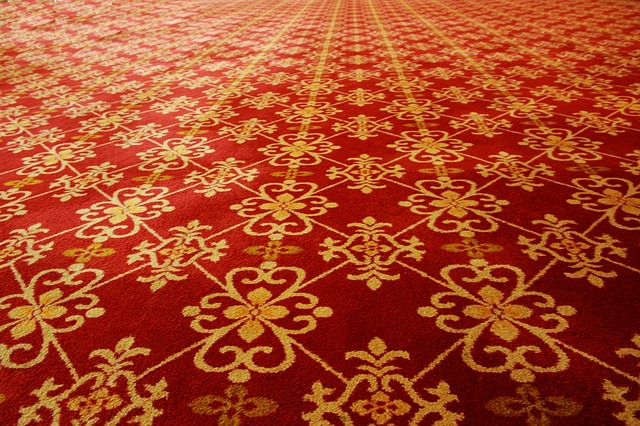Have Questions? Call: (416) 840-2680
REQUEST A QUOTE



It is important to know the purpose of the basement before choosing your floor. If you are planning to use the basement primarily for storage, epoxy coating makes a great option because it helps to improve the appearance of the basement, in addition to being a budget-friendly option. Epoxy dries thick, providing a durable and waterproofing durable option.
Therefore, if you are planning to place a flooring material above concrete basement floors, a few layers of epoxy on the concrete is recommended. Nevertheless, there are different types of basement flooring options available in the market. Some of the factors to consider when choosing your basement floor include resistance to spills & messes, insulation, colors & styles, maintenance and budget.
Carpet & carpet tiles

Basements often experience leaks and moisture, as well as water damage. However, carpets are not always the best basement flooring choice because they tend to absorb water naturally. Furthermore, carpets are difficult to clean. Nevertheless, a low-pile carpet offers a better alternative because it is less absorbent. It also tends to dry quickly when it floods or leaks. On the contrary, carpet tiles are much better option in humid areas.
Carpet tiles made using man-made materials, such as nylon or polyester; offer an even better resistance to water. However, if you opt for carpet tiles made using natural fiber, it is advisable to choose products that have been treated using mildew-resistant treatment.
Laminate flooring
Laminate flooring for the basement offers a great option especially if you are looking for a low-cost, DIY flooring material. The secret is to get rid of possible moisture problems before fixing the flooring to avoid any future damage to the floor. In addition to preventing water damage on floors, laminate flooring allows for easy clean if a spill or leak occurs.
Furthermore, laminate floors are available in a wide range of designs and patterns, including designs that mimic wood floors. To ensure extra precaution, it is important to lay down a vapor barrier by securing the sheet of plastic on the floor using duct tape. Conventional laminate floors are often used for basements, but a sub-floor is required to prevent damage from moisture.
Floor tiles
Floor tiles are popular in a basement because they ensure easy cleanup, in addition to being durable. Therefore, in the event of a flood or leak, the tile floor will remain dry and undamaged because it is waterproof. Floor tiles make a great option because, using a few easy preparations, the homeowner can install them. Carpet tiles are popular basement flooring options because they provide warmth to the basement and are easy to install. Although they are not waterproof, it is easy to replace the damaged tiles only.
Cork flooring
Apart from preserving your wine, cork is a natural material that offers great flooring. It provides an eco-friendly and resilient finish to the basement. It is eco-friendly in the sense that no trees need to be cut down in order to produce this material. The flooring material is made with scrap material leftover after producing bottle stoppers. Furthermore, cork floors offer an easy-to-maintain and durable option for the basement floor.
Cork also offers some good cushioning and provides improved temperatures, in perhaps one of the coldest rooms in a home. In addition, cork material is available in panels or tiles, and comes in several patterns and textures. If you opt for cork flooring in the basement, it is advisable to coat it using a sealant to protect it from water damage or moisture.
Wood flooring
Hardwood floors offer a beautiful addition to the finished basement. However, they can encourage moisture retention or water damage. Therefore, it is important to install hardwood floors safely while maintaining the appearance of the basement space. Although it is possible to fix hardwood floors directly onto concrete basement floors using glue, options that are more durable are recommended, such as engineered wood flooring or installing a subfloor first.
The basement is below ground level space, making it susceptible to leaks and moisture. A basement floor that is not waterproof is prone to water damage. Engineered wood floors offer a timeless look of a hardwood floor and added durability of plywood sub-layer. They have a thin layer of hardwood covering a plywood base, making the flooring structurally sound while preventing moisture damaging the floor.
A word on the basement floor paint
Simple floor paint can give the basement a significant change, with warmer colors transforming the hard slab of concrete on the basement floor an amazing facelift. If you take the time to shop, you will discover a wide range of floor paints you can use for your basement. Nevertheless, the majority of contractors and homeowners use epoxy paint to preserve and enhance concrete floors. The paint offers a perfect solution for basements used as a workshop or recreation area.